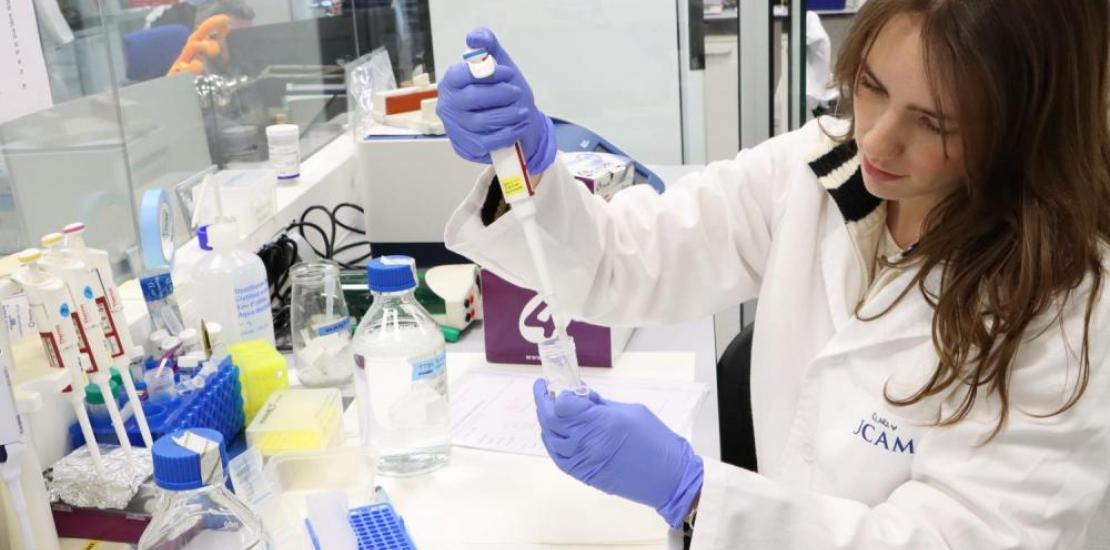A UCAM-led study shows that reducing weight can increase fertility in obese women by up to 88%
Clara Noguera-Navarr, a UCAM researcher, has led a scientific review, published in the journal 'Obstetrical & Gynecological Survey', which shows how certain nutritional changes can significantly improve female fertility. According to analysed studies, women with obesity who have difficulty becoming pregnant because of their weight and manage to reduce their body weight by at least 10% increase their conception rate by up to 88% and their live birth rate by up to 71%.
This increase is particularly significant in women with associated diseases, such as hypercholesterolemia, hyperglycaemia, insulin resistance or chronic inflammation, as weight loss in these cases contributes directly to the improvement of their reproductive health. In addition, weight loss is often accompanied by lifestyle improvements such as a more balanced diet, physical exercise and professional follow-up.
The study also highlights the importance of following healthy dietary patterns, such as the Mediterranean diet, which is associated with a 69% lower risk of suffering ovulatory disorders and a higher probability of success in fertility treatments. In addition, a diet poor in fruits and vegetables can lengthen the time it takes to achieve pregnancy, while a high intake of saturated fats and ultra-processed foods increases ovulation problems and decreases embryo quality.
‘In this paper we highlight the close relationship between nutrition and hormone balance, as well as the impact of certain chemical compounds in our environment on health. Understanding the importance of these factors not only improves the overall health of our bodies, but also our reproductive health, optimising the chances of conception through dietary and lifestyle changes.’
These results are the outcome of a review of multiple scientific studies, with samples ranging from 29 to 2,660 women. Alongside the UCAM researcher, Joana Candela-González and Esteban Orenes-Piñero, researchers from the University of Murcia, participated in this study with the aim of providing up-to-date scientific evidence that will enable healthcare professionals and women to optimise fertility through lifestyle changes before resorting to invasive medical treatments.




